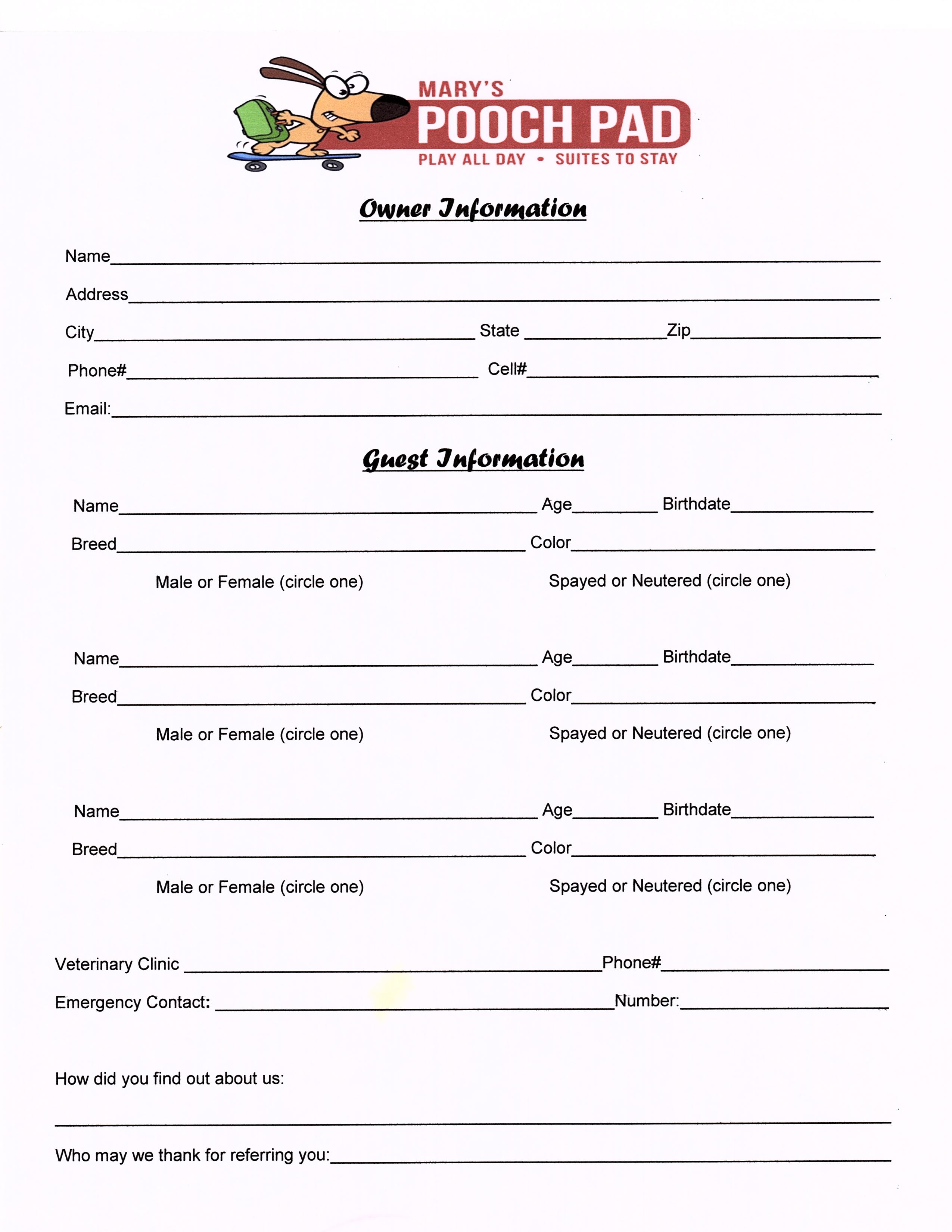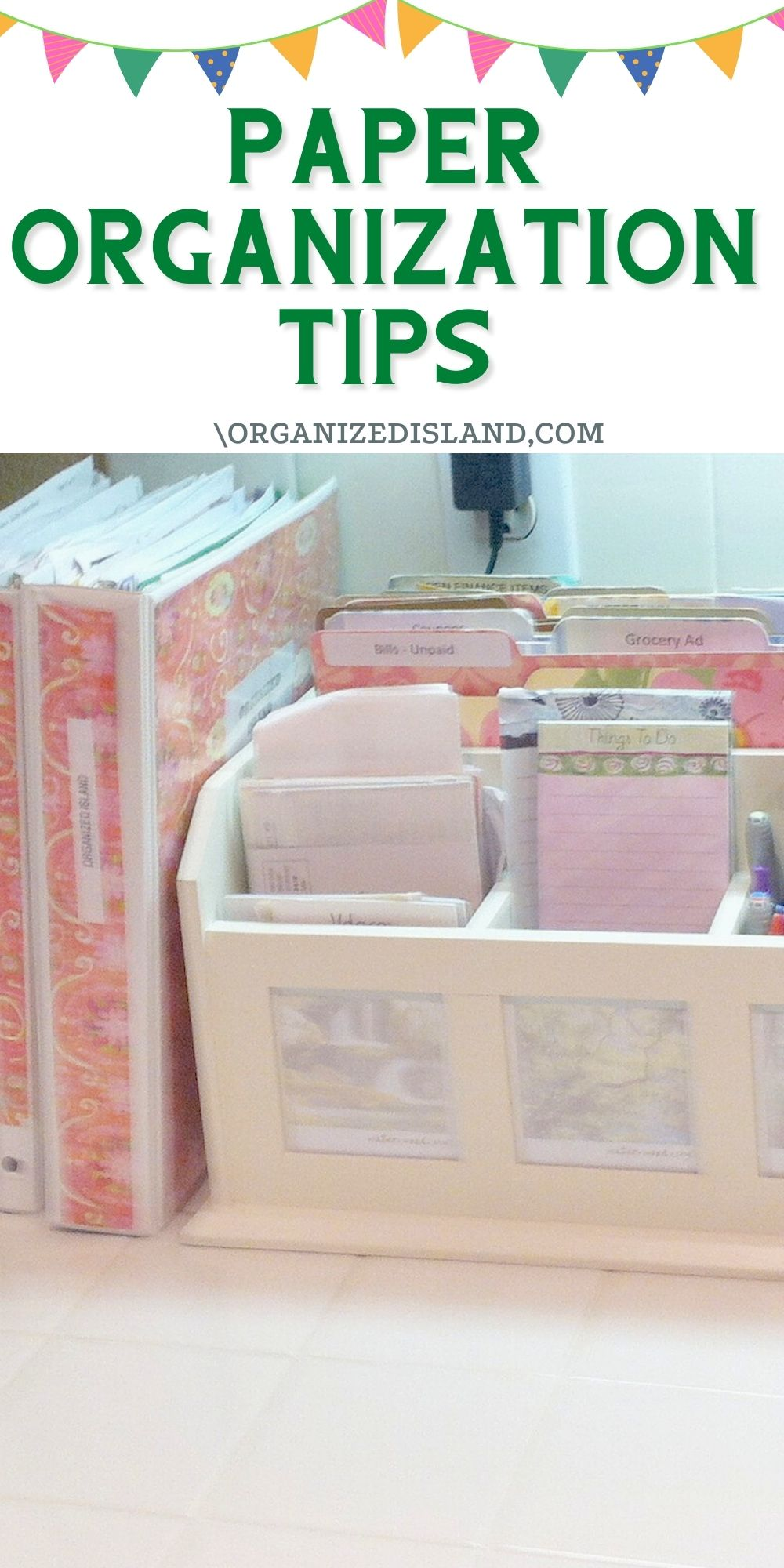Catching Up on Paperwork: Stay Organized and Efficient

The first step in tackling any backlog of paperwork is understanding why it's important to get organized. Paperwork, whether it's bills, contracts, or personal documents, tends to pile up because daily life takes priority, and sorting through documents can often be postponed until it becomes an overwhelming task. Let's delve into how you can efficiently manage this mountain of paper.
Assessment of Your Papers

Before you can organize your paperwork, you need to assess what you have:
- Go through all the papers that are currently in your home or office.
- Identify the types of documents you have: financial, medical, legal, personal, etc.
- Decide which documents are essential to keep for tax purposes, legal reasons, or personal history, and which can be safely discarded or digitized.

Importance of Assessment

- Reduces clutter by helping you understand what to keep and what to let go.
- Identifies what needs immediate attention, such as bills or contracts.
- Provides a clearer picture for setting up an efficient filing system.
Set Up a Filing System

Once you’ve assessed your paperwork, setting up a filing system is key to staying organized:
- Physical Filing: Invest in a filing cabinet or a set of hanging folders. Label each folder with categories like:
- Finances (e.g., bank statements, tax documents)
- Medical (e.g., health insurance, doctor’s reports)
- Legal (e.g., contracts, passports, wills)
- Personal (e.g., certificates, personal achievements)
- Digital Filing: Use cloud storage or apps like Evernote, OneDrive, or Google Drive to scan and store digital copies of documents. Organize files into folders mirroring your physical categories.

Benefits of a Filing System

- Easier retrieval of documents when needed.
- Reduction in time spent looking for documents.
- Prevention of misplacement or loss of important papers.
Handling New Documentation

As new documents come in:
- Open mail immediately and categorize it.
- Use a sorting system like a desktop inbox to hold incoming documents temporarily.
- Set aside time weekly or monthly to update your filing system.
- Implement a ‘touch once’ rule where you immediately decide the fate of each document: file, digitize, or discard.
⚠️ Note: For sensitive documents, consider shredding them before disposal to protect against identity theft.
Automation and Digital Solutions

To further streamline your paperwork management:
- Utilize auto-bill pay or e-billing to reduce paper statements.
- Use digital solutions for document signing, like DocuSign or Adobe Sign.
- Set up alerts for important dates or document renewals in calendar apps.

| Feature | Benefit |
|---|---|
| Auto-Bill Pay | Eliminates the need to remember to pay bills. |
| E-Billing | Reduces paper clutter and allows for easy document storage. |
| Digital Signing | Streamlines the process of signing legal or business documents. |

Regular Maintenance

Keeping your paperwork organized is an ongoing process:
- Set a reminder to review and update your filing system periodically.
- Keep your digital documents organized, especially cloud storage.
- Regularly back up your digital files to prevent data loss.
- Use archiving to keep old but still important documents accessible but out of the way.
In wrapping up, managing paperwork doesn’t have to be an insurmountable task. By assessing your documents, setting up an efficient filing system, handling new documentation proactively, leveraging technology, and maintaining your system, you can keep on top of your paperwork. This approach not only reduces stress but also ensures that you’re always prepared for any situation requiring quick access to documents. Remember, the key to staying organized with paperwork is consistency and adopting tools and systems that work for your lifestyle.
What should I do with documents that contain personal information?

+
Always shred documents containing personal information before disposal to prevent identity theft.
How long should I keep financial documents?

+
Generally, keep tax-related documents for at least 7 years. However, retain records like home purchase or improvement receipts indefinitely for tax purposes.
Is it necessary to keep physical copies of documents if they are digitized?

+
For many documents, keeping a digital copy can suffice, but for legal or tax purposes, some countries require physical copies, so check local laws.
How can I stay motivated to keep up with my paperwork?

+
Set small, achievable goals, reward yourself for maintaining organization, and consider the peace of mind that comes with being in control of your documents.



